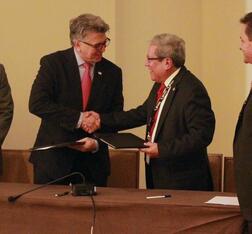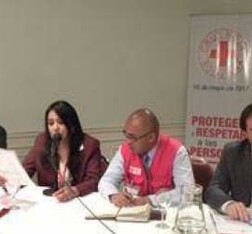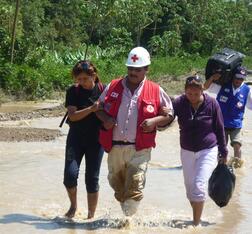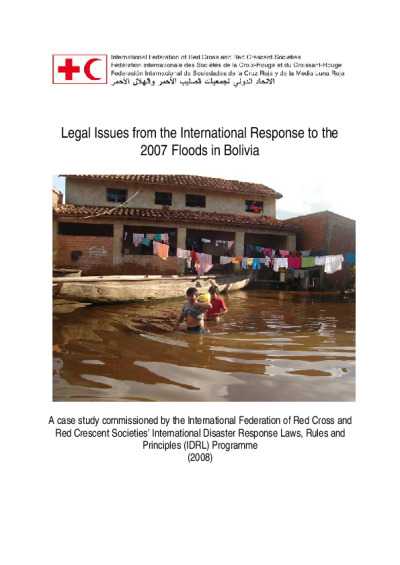In Bolivia, disasters — namely droughts, floods and earthquakes — are recurrent and their effects are devastating, particularly for much of the population, 38.6 per cent of whom live below the poverty line. Earlier, in 2008, IFRC Disaster Law published a case study on legal issues arising during the international response to the 2007 floods in Bolivia. The case study identified several positive aspects of the regulation of the international response, but equally identified challenges including deficiencies in coordination and a lack of clarity about the roles of different governmental actors.
Bolivia’s Red Cross staff participated, as part of the Andean Community Induction Plan, in a Disaster Law module session, that included topics such as Disaster Law in the Americas, Disaster Law key instruments and achievements and possible next steps in Bolivia.
During 2021, based on the IFRC Guide to Strengthening the Auxiliary Role through Law and Policy, Bolivian Red Cross revised how the National Society's auxiliary role was recognized in sectoral laws, policies plans and agreements. It also reviewed legal facilities, enabling them to conduct their operations more efficiently and effectively. The report’s findings and recommendations, as well as next steps are available here. An advocacy strategy and roadmap have also been developed.






